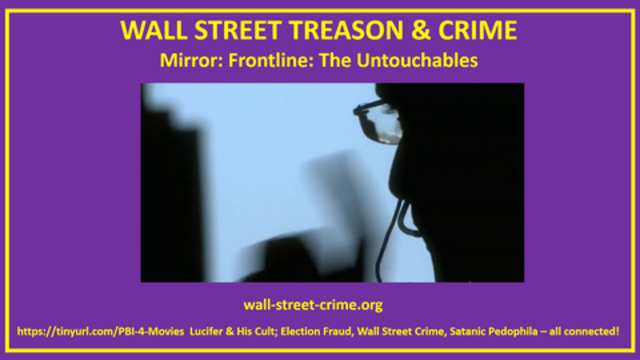Grounding the Short Circuit: The Need for Supreme Court Intervention in Scienter Pleading Requirements for Private Securities Fraud Cases After the Second Circuit’s Decision in ATSI Communications, Inc. v. Shaar Fund, Ltd., 493 F.3d 87 (2d Cir. 2007)
Joe Ehrich, 08 March 2013
The Second Circuit, in ATSI, disregarded the pleading and review instructions the Supreme Court established in Tellabs by stating that plaintiffs may plead a strong inference of scienter using only allegations of motive and opportunity or conscious misbehavior or recklessness. This decision has allowed plaintiffs to plead scienter using only such individual allegations; encouraged courts within the Second Circuit to conduct abbreviated reviews of complaints at the dismissal stage; undermined the Court’s intent for a heightened, uniform scienter pleading standard capable of reducing frivolous litigation and allowing the advancement of meritorious claims; and contributed to the renewal of a wide circuit split over whether motive and opportunity allegations are sufficient to plead scienter.
In sharp contrast to the divergent policies and practices of the Second Circuit, the Third Circuit adopted the full Tellabs provisions. It therefore utilizes the scienter pleading standard that the Supreme Court intended. Given the serious consequences of this split, the Second Circuit standard merits further discussion. This Note begins by discussing the Private Securities Litigation Reform Act (PSLRA), which established the pleading requirements for private securities fraud claims. Part II details the post-PSLRA circuit split over motive and opportunity allegations, and the pleading provisions the Supreme Court established in Tellabs. Part III describes the pleading prescriptions created by the Second Circuit in ATSI.
Part IV discusses how the ATSI standard diverges from Tellabs by allowing plaintiffs to plead scienter through individual allegations, which has led to only partial application of the Tellabs dismissal review process in the Second Circuit and has undermined the Supreme Court’s intent for a heightened, uniform scienter pleading standard capable of reducing frivolous claims. This Part also details how ATSI contributed to the post-Tellabs circuit split over motive and opportunity allegations, and argues that the Supreme Court must rectify this untenable situation by fortifying the Tellabs review test. If the Court does not, plaintiffs who sue in the Second Circuit, as the Doe shareholders may, will continue to receive more favorable treatment at the pleading stage and have a greater opportunity to receive undeserved settlements from innocent defendants such as the Doe CFO than those who sue in the Third Circuit.
Read Full Article



